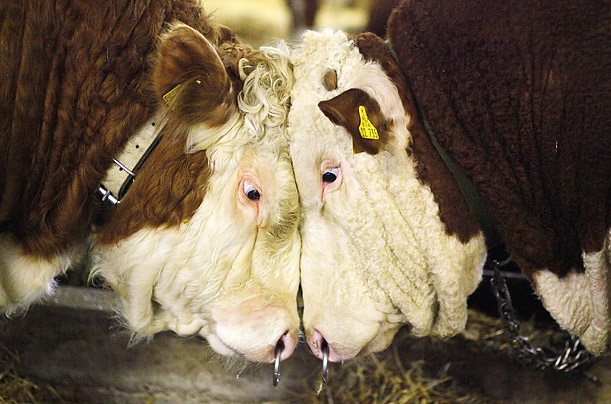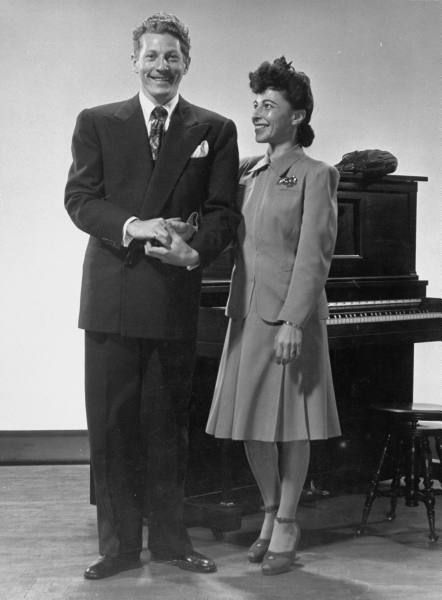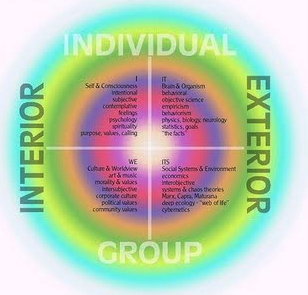Warren Kinston
21. October 2012 12:00

Transhumanism is an exciting movement. For those who have an allergy to technology and have not come across the movement, it is the school of thought that says AI (or at least AGI—Artificial General Intelligence), computing technology, robotics, nanotechnology and biotechnology are going to create a world beyond human comprehension. There will be machines, or rather beings, who surpass us so greatly that we cannot argue or fight back. Think of evolution and competition for niches. As we are creating our own competition, the pros and cons need some consideration.
Attitudes in the transhumanist movement vary. I have no argument with continuing progress in technology. In my view, despite inevitable drawbacks, technology has produced and will go on producing immeasurable benefits for mankind.
But when the movement starts More...
About
Warren Kinston
Warren Kinston
13. October 2012 11:00
Are the frameworks in the taxonomy, THEE, the product of empirical inquiry?

Yes—if you mean they are based on accumulating replicable observations of actual phenomena. This is what empirical inquiry is about.
No—if you mean they are developed via conventional sense perceptions of concrete physical objects. This is what the prevailing materialistic ideology of science demands.
You are an unusual person if you haven't been thoroughly indoctrinated into More...
About
Warren Kinston
Warren Kinston
6. October 2012 10:00
Our cultures are responsible for art, music, religion and even self-sacrifice: are they? Our brain's wiring determines who we are: does it? We will understand consciousness by mapping all the connections of the 100 billion nerve cells: will we? Books and projects of this sort are the current rage.

Between biologists of the one sort trapped inside the brain, and biologists of the other sort who think they understand social life, there is scarcely room for a thinking person. Improving our societies is then impossible. What a relief not to be responsible for our social ills! More...
About
Warren Kinston
Warren Kinston
30. September 2012 12:00
Have you ever played that game of having your life over again—but as a person of your choosing? If I had to choose, I would come back as that embodiment of entertainment and enjoyment: Danny Kaye.

Danny, I’m sure he wouldn’t mind my familiarity, was an entertainer in every fibre of his being. He started by entertaining school-mates, never finished high school and after a run of pointless menial jobs went professional at 20. Of course, the early years were tough: no matter how good you are, success never falls into your lap.
But Danny was a phenomenon, and when he partnered with and soon married Sylvia Fine (see photo), a song writer, his talent became magnificent. He was an all-rounder: excellent as More...
About
Warren Kinston
Warren Kinston
22. September 2012 18:00
Aware living is what humanity's future must be about. The alternative is to live like a robot, to operate under orders, to be a slave to an ideology.

One the hardest things to be aware about are paradoxes. It can be tricky to be constructive when handling opposites that are simultaneously true. These show up in the Taxonomy as «dualities», and they rank with hierarchies as the most important primary structure within the THEE. In starting to review these systematically, I ran into an issue that I want to share.
It is about the difference between my experience-based approach and Ken Wilber's philosophical approach, called Integral Theory.
Ken Wilber started writing about levels of consciousness, but soon added to this a quadrant structure based on two universal opposites (dualities): interior v exterior, and individual v collective. However, you should note that these are conceptual distinctions. In Wilber's own words, he is providing a theory of consciousness. It's such a big theory, and so unfalsifiable, that it is a philosophy. It can be argued about—if you have that sort of ability.
By contrast, the taxonomy that I call THEE, is not a theory at all. Aware living relates to your own experiences—this includes your ideas but it has nothing to do with conceptual sophistication. Aware living is about More...
About
Warren Kinston